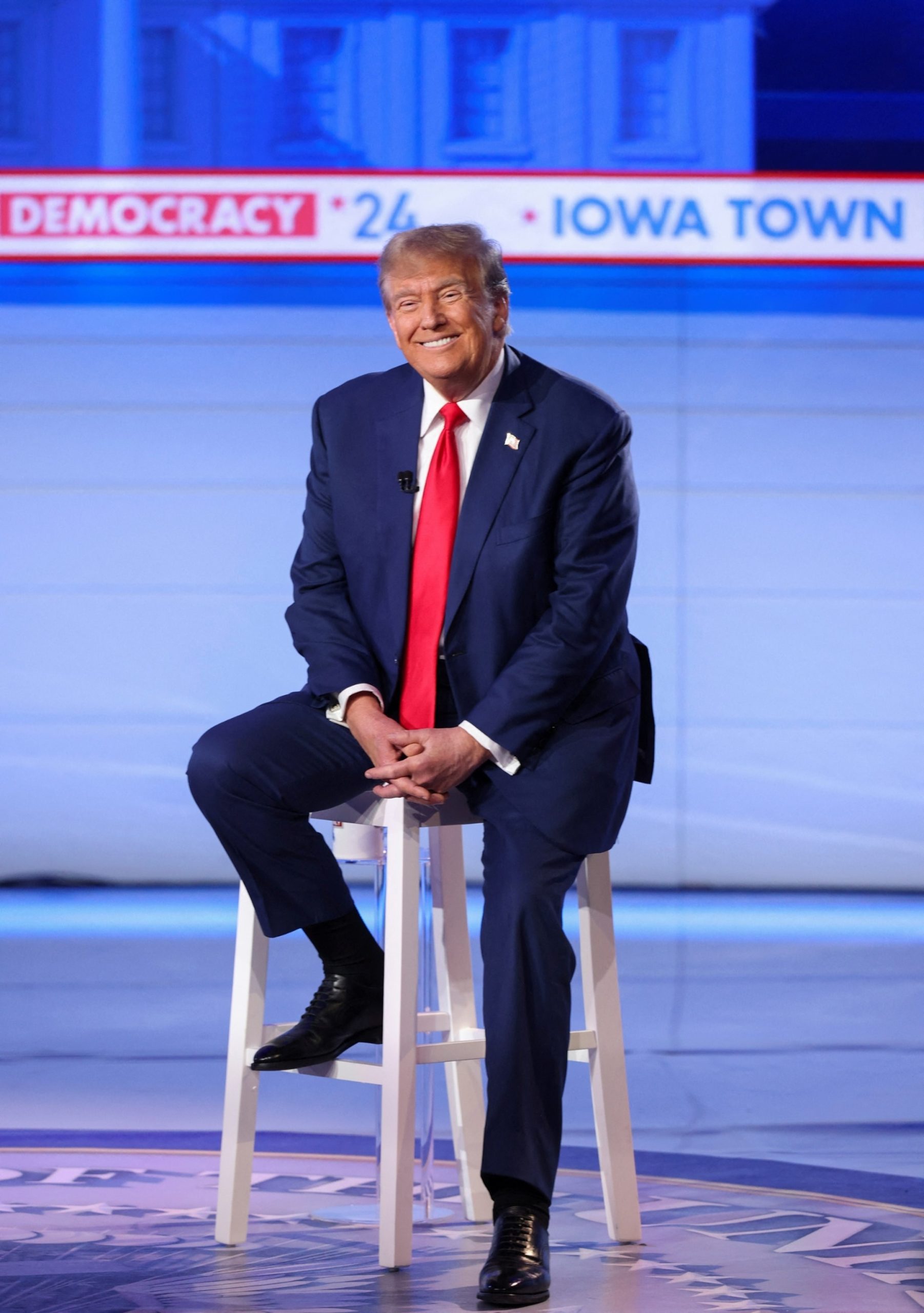Analysis of DeSantis and Haley’s Latest GOP Debate without Trump’s Presence
The absence of former President Donald Trump from the latest GOP debate featuring Florida Governor Ron DeSantis and former South Carolina Governor Nikki Haley has undoubtedly left a void in the political landscape. However, it also provided a unique opportunity to analyze the candidates’ positions, policies, and potential strategies without the overshadowing presence of the controversial former president.
One of the most noticeable aspects of the debate was the candidates’ attempts to distance themselves from Trump while still appealing to his base. Both DeSantis and Haley have been closely associated with Trump in the past, but they made a conscious effort to establish their own identities during the debate.
Governor Ron DeSantis, widely considered a rising star within the Republican Party, showcased his strong conservative credentials and his commitment to Florida’s economic success. He emphasized his record on job creation, low taxes, and deregulation, positioning himself as a staunch defender of small government and free-market principles. DeSantis also highlighted his efforts to combat illegal immigration and protect law enforcement, aligning himself with Trump’s tough stance on these issues.
On the other hand, former Governor Nikki Haley took a more moderate approach during the debate. She emphasized her experience as a diplomat while serving as the United States Ambassador to the United Nations under the Trump administration. Haley focused on foreign policy, highlighting her tough stance on China and her commitment to rebuilding alliances with traditional allies. By emphasizing her international experience, Haley aimed to appeal to voters who may be looking for a candidate with a more measured approach to governance.
Without Trump’s presence, both candidates had an opportunity to articulate their visions for the future of the Republican Party. DeSantis focused on energizing the conservative base, while Haley aimed to broaden the party’s appeal by appealing to more moderate voters. This divergence in strategy reflects the ongoing debate within the Republican Party about its future direction and the balance between appealing to Trump’s base and expanding its reach to a broader electorate.
Another notable aspect of the debate was the candidates’ differing approaches to the COVID-19 pandemic. Governor DeSantis defended his handling of the crisis in Florida, emphasizing his commitment to individual liberties and limited government intervention. He highlighted his opposition to mask mandates and vaccine passports, arguing that personal choice should be prioritized over government mandates. Haley, on the other hand, took a more nuanced approach, acknowledging the importance of public health measures while also emphasizing the need to balance them with individual freedoms.
Overall, the absence of Donald Trump from the latest GOP debate featuring Ron DeSantis and Nikki Haley allowed for a deeper analysis of the candidates’ positions, policies, and strategies. DeSantis showcased his conservative credentials and alignment with Trump’s base, while Haley aimed to broaden the party’s appeal by emphasizing her international experience and more moderate approach. The debate highlighted the ongoing debate within the Republican Party about its future direction, particularly regarding issues such as immigration, COVID-19, and foreign policy. As the 2024 presidential election approaches, these debates will continue to shape the Republican Party’s identity and its path forward.



